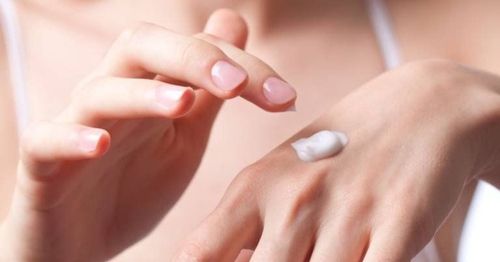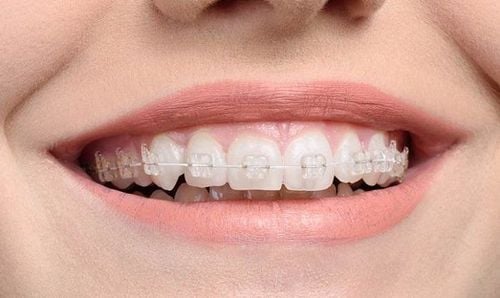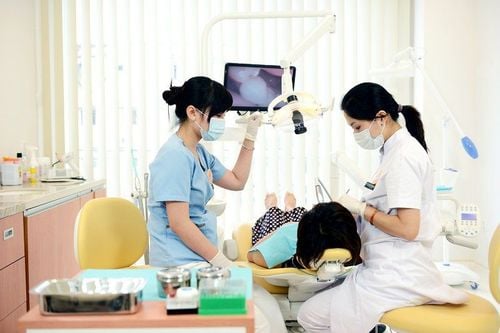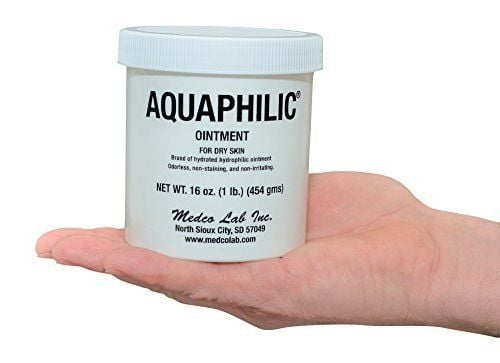This is an automatically translated article.
Whether skin care is effective or not depends on determining the skin type. In particular, oily skin is often confused with combination skin, leading to the wrong care. So how to properly care for oily skin, please refer to the article below.
1. What is oily skin? How to recognize oily skin
Oily skin, also known as oily skin, is a fairly common skin type of Vietnamese people. It is formed due to overproduction of sebum by the sebaceous glands under the pores. People with oily skin often have oily facial skin, especially in the T-zone. Increased sebum production causes pores to open larger. This is a condition for bacteria and dirt to easily penetrate and lead to blackheads or whiteheads. More seriously, it will lead to acne due to inflammation.
Oily skin can be hereditary but most are due to physiology, diet or improper facial care. As noted, stress, stress, use of stimulants aggravate the condition of oily skin.
To be able to determine if you have oily skin, follow these steps:
Wash your face gently, pat your face dry (do not use a washcloth) After 30 minutes, take a tissue to absorb oil in the face. If the paper is sticky and absorbent, it means you have oily skin. In addition, oily skin is very sensitive to the sun. Therefore, if you do not take care of your face properly, it will lead to dull, dark, and rough skin. Even makeup can't cover these blemishes.
MORE: What are the causes of oily skin?
2. Oily skin classification
Oily skin is divided into 3 types. If you do not know what type of oily skin you have, follow the next information in the following article:
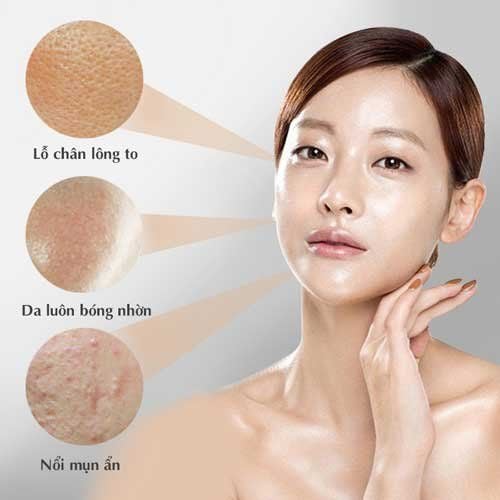
Tìm hiểu về loại da dầu mình đang gặp phải để lựa chọn được sản phẩm chăm sóc da phù hợp
2.1. Oily skin cannot excrete
Oily skin is not excreted when the pores are closed, causing the sebum to stagnate. This skin type does not appear oily, which makes the skin prone to roughness. To overcome oily skin that cannot be excreted, women need to be instructed to wash their faces and remove makeup thoroughly to remove all dirt.
2.2. Oily skin because of excessive secretion
Manifestations of this skin type are excessive oil secretion on the surface of the skin, large pores and the appearance of acne. In order to improve the condition of oily skin because of excessive secretion, women need to avoid contact with dirt, regularly wash their face and have a balanced diet and rest. Stress and anxiety will increase sebum secretion more and cause acne.
2.3. Oily skin due to lack of water
Oily skin is a sign of lack of water. When the skin on the face is dry, the skin will automatically increase oil production to moisturize the skin.
MORE: Oily skin care to avoid acne
3. Steps to take care of oily skin
3.1.Make-up remover
Make-up removal is an indispensable step in oily skin care. Because large pores make it easy for dirt to penetrate and cause acne. The process of removing makeup will help clean the skin and unclog pores.
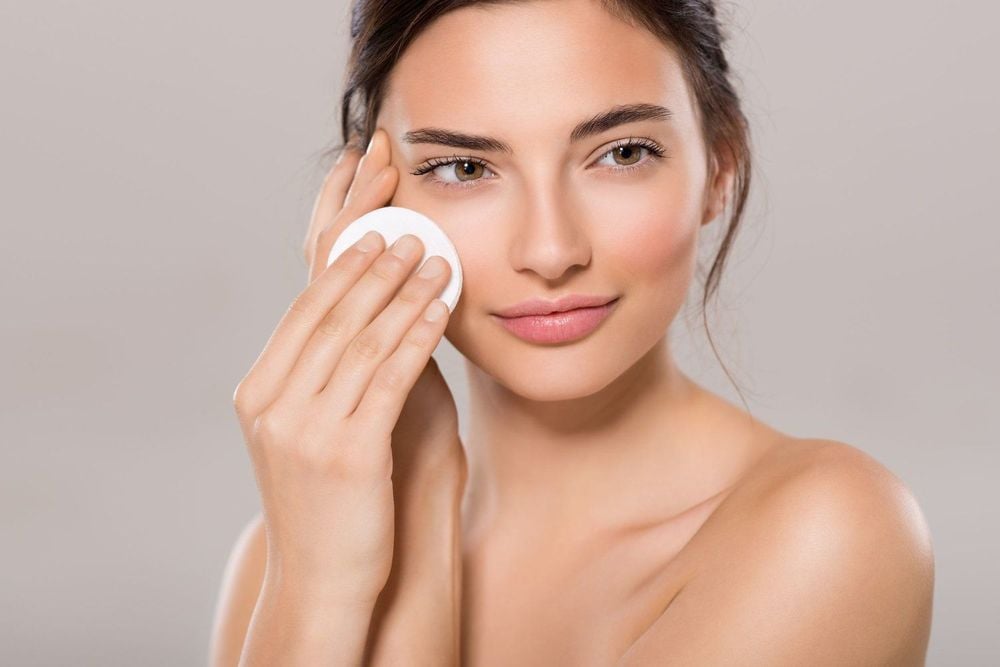
Tẩy trang là một bước không thể thiếu khi chăm sóc da mặt
3.2. Wash one's face
Makeup remover may not be able to remove all sebum, dirt. Therefore, you should not skip the step of washing your face. Choose a cleanser that's right for your skin, and avoid products with irritating ingredients. In addition, you should not rub your face to cause skin damage.
3.3. Use toner
Toner not only helps to hydrate but also helps balance the pH of the skin. Thanks to this, the facial skin will be cleaned from deep inside and remove all the dirt that the two steps above remain.3.4. Kill death celk
Exfoliating twice a day will help completely remove bacteria and stimulate new cells to grow.
3.5. Use Special Treatment to treat skin problems
This treatment step will help improve the skin problems you are having such as: acne, dark spots, scars, .. However, using the right type of treatment will be beneficial for your skin, avoid combining types. treatment in one skincare step to avoid side effects.
3.6. Moisturizer
Many people think that oily skin does not need to use moisturizer, but this is a misconception. Moisturizing cream will help lock the skin care steps above, protect the skin from bacteria, moisturize. On the other hand, oily skin is also at risk of dehydration, so using moisturizing products is necessary. According to dermatologists, oily skin should give preference to products with thin gel texture, quick absorption, not sticky pores. Accordingly, you can refer to how to choose a moisturizer for acne-prone skin to make the best choice for you.
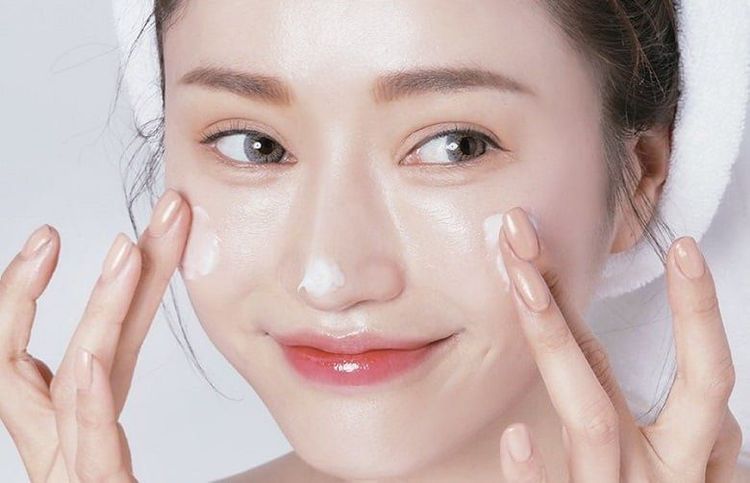
Da dầu cũng cần được dưỡng ẩm thường xuyên
3.7. Use sunscreen
Whether you have oily, dry or combination skin, you need to use sunscreen. The effects of sunscreen products include:
UV protection, skin protection from sun damage, aging prevention, radiation protection from electronic devices such as phones, computers,... In addition to taking care of oily skin, you need to have a balanced diet and rest. Add a variety of green vegetables, fruits, limit the consumption of greasy foods, fast food,... Maintain regular exercise.
Please dial HOTLINE for more information or register for an appointment HERE. Download MyVinmec app to make appointments faster and to manage your bookings easily.
Reference source: paulaschoice.vn




